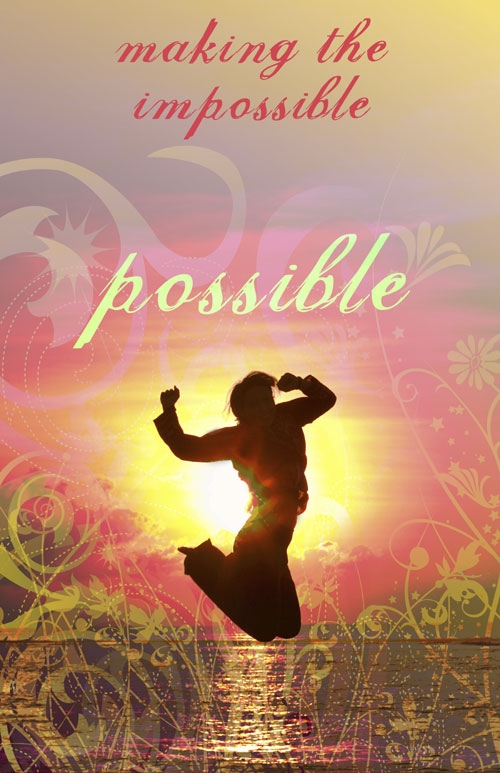How Acupuncture Works
Sterile, single use filiform (thin, solid) needles are used to modify the flow of “Qi” within the body. (Qi is often roughly translated as “energy” by many practitioners of acupuncture.) When the Qi/energy is blocked, it inhibits the body’s ability to stay healthy and adapt to life’s stresses. According toTraditional Chinese Medicine (TCM) principles, blocked energy along these pathways results in various imbalances which ultimately lead to more and more symptoms and disease states. Blocked energy can be thought of as blocked communication between the various organ systems of the body. When the various organs and organ systems cannot communicate properly, problems begin to arise. Along the various pathways of Qi/energy called meridians, there are special points called acupuncture points which are used to regain proper communication and balance. Each point has specific functions in restoring communication and health within the body. Licensed Acupuncturists invest several years and thousands of hours in learning how to diagnose patterns of imbalance and the appropriate points and point combinations to correct imbalances.
What to Expect
During your first acupuncture session with me, I review your detailed history and discuss your current health situation. This helps me to determine which points will be most effective in treatment. I always keep in mind your preferences for how we will treat your condition and consider our relationship a partnership.
Training and Experience
After completing my Bachelor of Science degree in Biomedical Engineering, I attended AOMA Graduate School of Integrative Medicine in order to pursue my study of holistic functional medicine. This comprehensive 4 year and several thousand hour long program included the study of Acupuncture, Chinese Herbology, Asian Bodywork Study (Tui Na and Shiatsu), Biomedicine, Internal Martial Arts (Tai Chi and Qi Gong), Nutrition and included over 1000 hours in clinical practice treating patients of all ages with a myriad of symptoms and conditions. After completion of this program, I successfully passed the multiple NCCAOM examinations in order to become a Licensed Acupuncturist (LAc) with a Dipl. O.M. (Diplomate of Oriental Medicine) from the NCCAOM. I began my studies at AOMA in the fall of 2001 and have more than a decade of clinical experience and wisdom to guide me through even the most challenging of health conditions. While I do not shy away from working with complicated illnesses, I also love helping people utilize acupuncture for general wellness and to help relieve stress and prevent health conditions from occuring.
**Training and Qualifications – a quick caution: In order to gain the most benefits from acupuncture, it is important to find a qualified practitioner who has had proper clinical training and testing for proficiency and safety. In Iowa and in most states, Licensed Acupuncturists (LAc) are required to have national certification through the NCCAOM in order to practice this medical technique. If the medical professional performing your acupuncture does not have NCCAOM certification, it may be wise to determine if they have gone to an actual acupuncture school for training or if they’ve had to pass any written or practical (clinical) examinations on acupuncture specifically. In many states, acupuncture may be performed by chiropractors and MDs without any specific training or with a simple completion of a weekend course. In these situations, you may receive acupuncture from someone who doesn’t even have Clean Needle Technique (CNT) training and certification. CNT certification is awarded to those who have trained and tested with a practical examination to prove safety in needling to avoid infections, transmitting blood borne pathogens, etc.
Would You Like to Learn More?
If you are like I was, and are nervous to try acupuncture, please feel free to give me a call and ask me any questions that may have that will help you decide if acupuncture is a good fit for you, or check out a brief story about my first acupuncture treatment.



